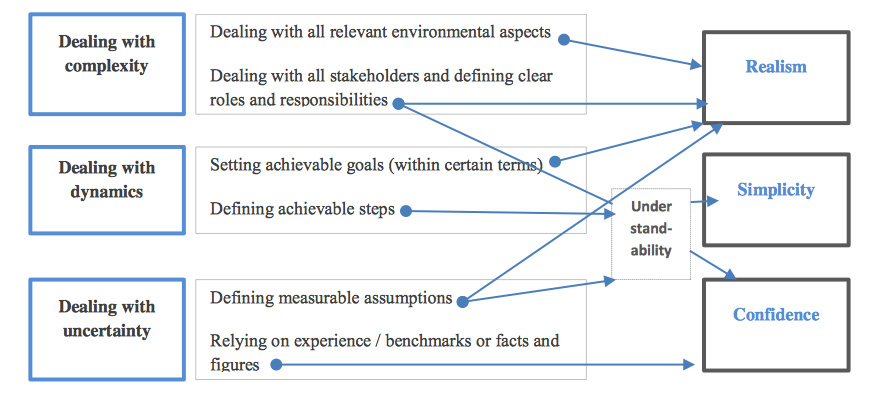En titt in i marknadschefens huvud
En titt in i marknadschefens huvud är en dröm för många som vill veta exakt hur marknadschefers och marknadsansvarigas beslutsprocesser går till.
Hittills har det inte gjorts många studier på ämnet – enligt siffror från 2011 är det inte mer än 5 procent av den existerande forskningen på marknadsområdet som berör detta.
Men området ska inte underskattas, menar professor Dr. Marc Logman från belgiska Leuven-universitetet. Genom att studera och synliggöra de mentala och kognitiva processerna som leder fram till beslut får vi en värdefull insikt som i slutänden kan hjälpa marknadschefer att fatta bättre beslut.
Getting inside the mind of the marketing managers
To date, there has been little academic research focusing on marketing decision makers themselves or, more to the point, their decision making processes. According to research by Wierenga (2011), only 5% of existing academic research has focused on getting inside the mind of marketing managers. The other 95% focuses on more traditional marketing considerations such as marketing ‘instruments’ like the 4Ps or the market itself, in particular, consumer behaviour.
However, the value of studying the decision making process of marketing managers in more detail shouldn’t be underestimated. Indeed, recent research has revealed that mapping the mental or cognitive decision making process of marketing managers, can provide a useful insight into the managerial decision making process.
By drawing cognitive or mental maps, it is possible to visualise the links between the ideas and theories that reflect current decision making. It can also help decision-makers find ways of improving the decisions that they make, by studying the mental processes they go through in order to reach a decision. In a special section of the Journal of Business research, edited by Roger Marshall (2013), several marketing-specific examples were given of this technique.
This article illustrates the application of cognitive mapping as discussed in Logman (2011). The Logman study researched how marketing managers rate their strategic marketing planning process against certain criteria. Each marketing manager was interviewed and asked to measure their strategic marketing planning decisions against the criteria of realism, simplicity and confidence.
The following cognitive map demonstrates what came out of the various interviews, after each marketing manager was asked to describe realism, simplicity and confidence using their own words (i.e. not paraphrased from company written plans or reports to stakeholders).

The words, word categories and broader themes that were used by the marketing managers were analysed sentence by sentence and word by word, to establish specific categories. These categories were then placed into the cognitive map.
What the map demonstrates is that some mental decision making processes by marketing managers are attributable solely to simplicity, trustworthiness (confidence) or realism. The map enables the decision making process to be split into two strands – one which is process oriented (i.e. achievability in a limited number of steps), and another which is outcome oriented (i.e. achievability within certain terms).
The Logman cognitive map was then contrasted with the use of other cognitive frameworks and several differences came to light.
For example, take the SMART principle of marketing activity where SMART is defined as being specific, measurable, achievable, realistic and timely.
When the Logman study was contrasted with this, the results showed a marked difference between what SMART specifies as ‘measurable’ and ‘achievable’ and what marketing managers themselves think. When surveyed, the marketing managers allocated both of these to the ‘realistic’ category.
However, in the original SMART principle these exist as two completely separate categories.
In summary, what the Logman study has revealed is the importance of studying in greater detail what marketing managers themselves think. After all, they are at the coalface of the profession.
An important gulf between existing marketing principles and the decision making process
of marketing managers in practice has been revealed. By getting inside the heads of marketing managers, it is possible to map the current cognitive decision making processes and better understand how strategic marketing planning processes are evolving.
We look forward to seeing more research focusing on marketing decision makers themselves in the future.
Av Professor Dr. Marc Logman,? Part-time Professor of Marketing Strategy, Leuven University, Belgium
Artikeln är hämtad ur:
EMC Academic Group Journal, Marketing research translated into practice
